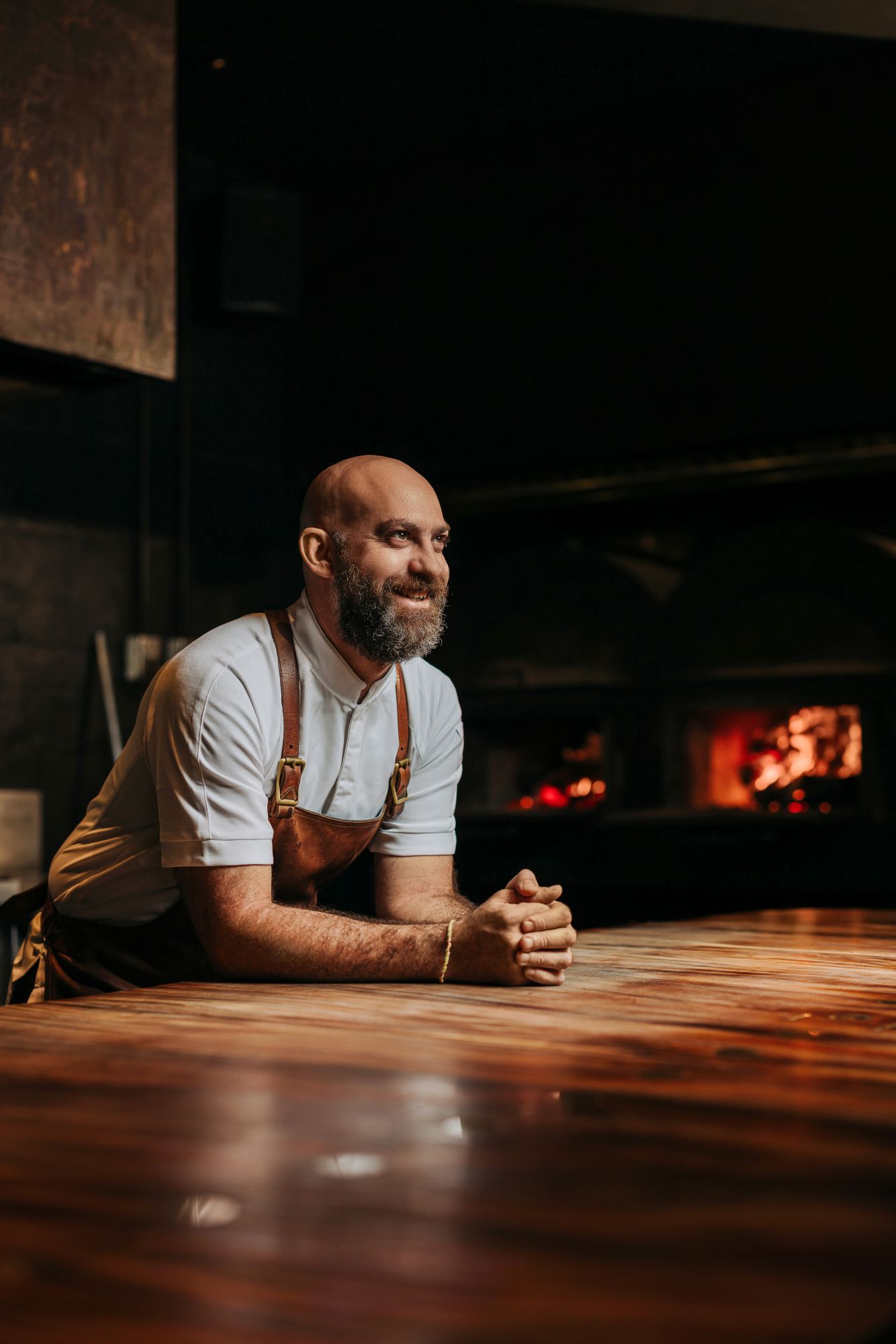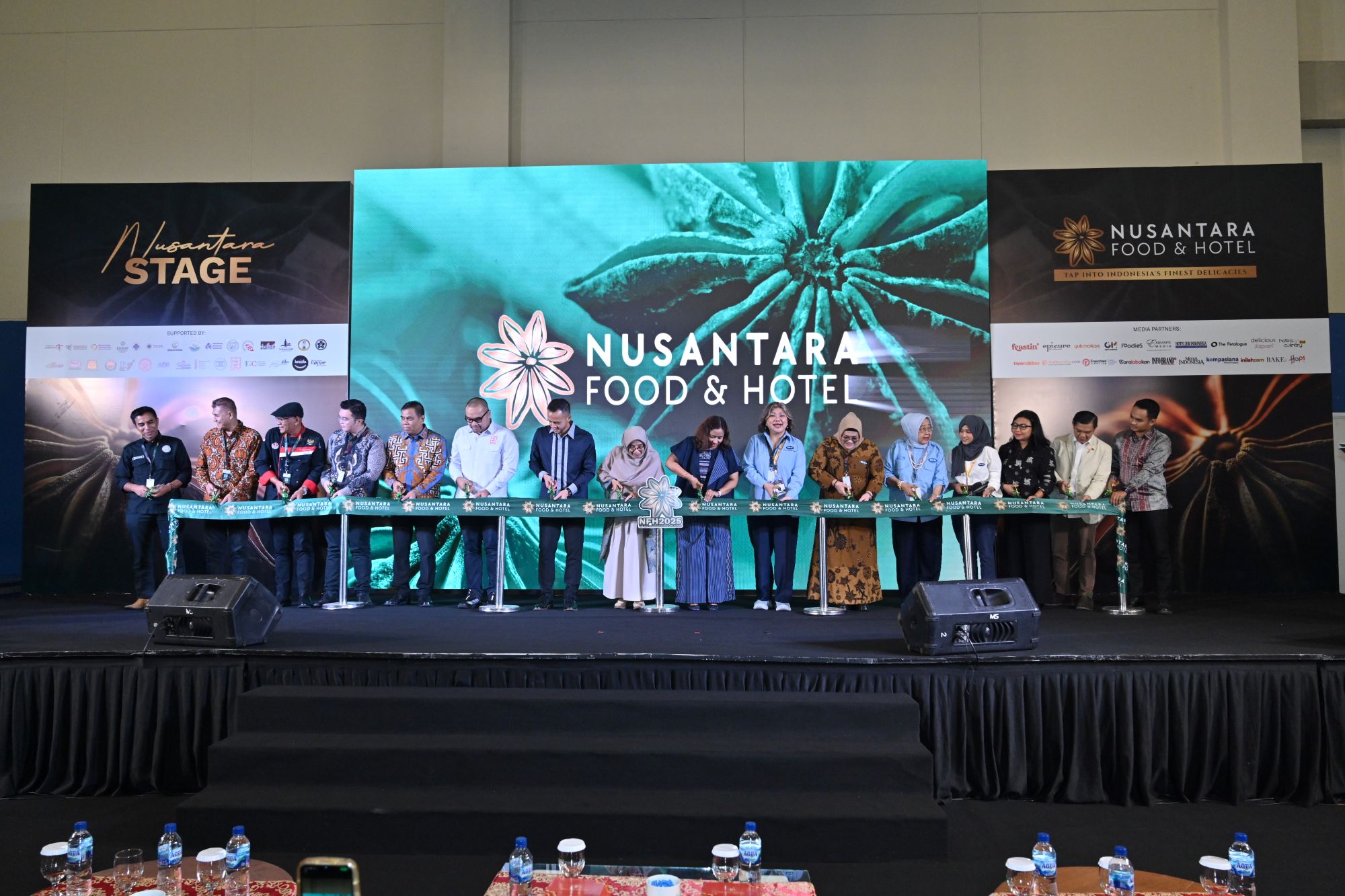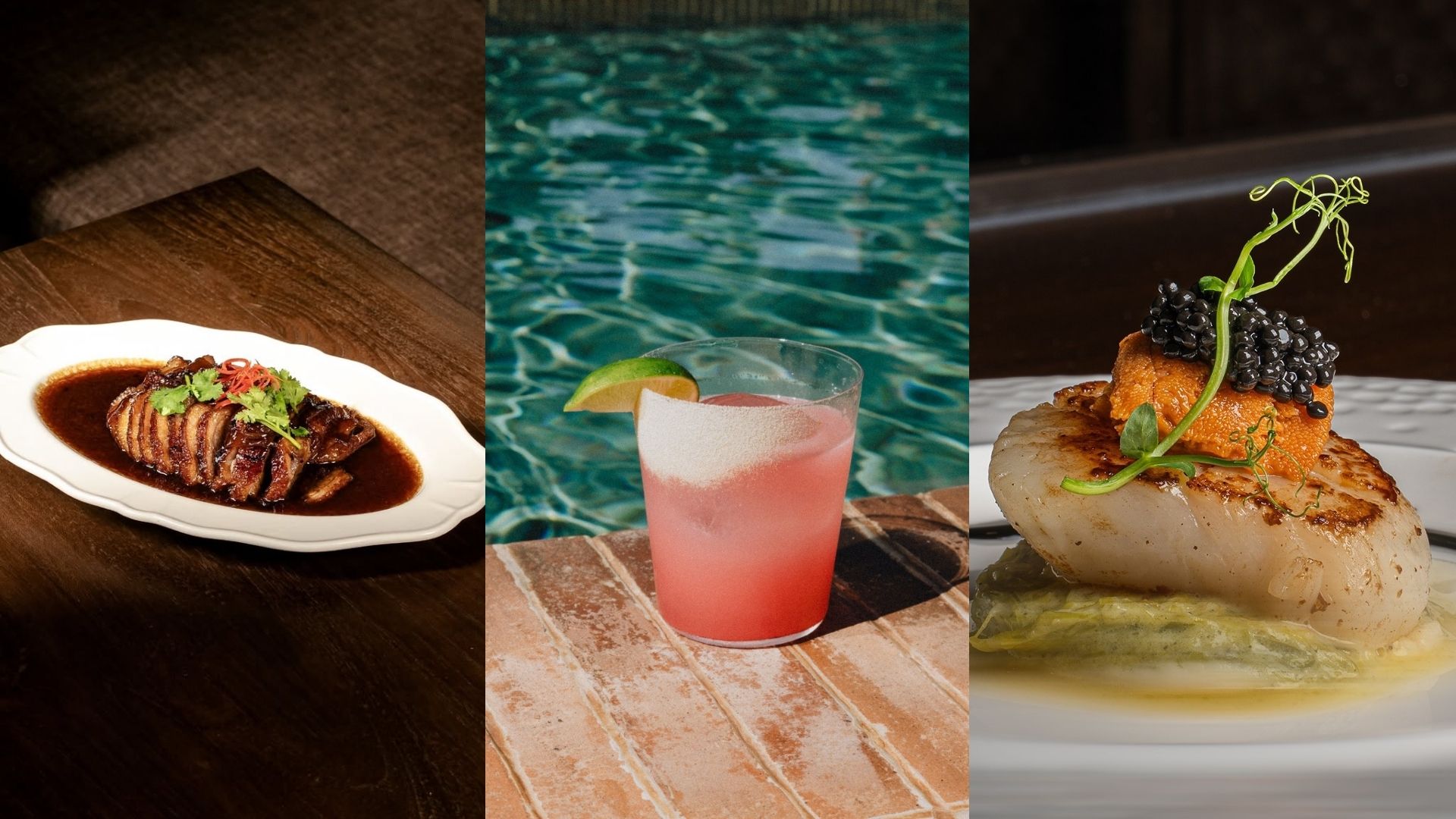When asked about “what makes women special?” Petty Tendean-Elliott points to the motherly intuition women possess, a nurturing instinct that plays a power to influence and give people guidance, empowerment, and inspiration. She has a point. As someone who has already been in the culinary field for almost 20 years, be it as a writer, chef, or entrepreneur, Petty’s deep devotion to culinary itself began when she was a little girl through the guidance of her grandma, who she lovingly calls ‘Oma.’
Growing up in Manado, most of her childhood memories are framed in her grandma’s kitchen, helping her prepare food for the family to enjoy at the table. “At that age, I already knew how to slaughter and clean chickens,” she recalled. “My grandma cooks in a very traditional way, using firewood or bamboo. She also had a garden at the back of her house, growing spices and vegetables like galangal, lemongrass, and even sago. So I recognized such plants and ingredients from a young age.”
By the time she moved to Jakarta at age thirteen, she was exposed to even many more different cuisines. Yet interestingly, her interest in culinary didn’t solidify until she got married and moved to the United Kingdom in 1999. “Once I got married, I wanted to prepare the best home-cooked meals for my family. It rekindled those childhood memories and ignited my curiosity [toward food],” There, she would cook Indonesian-inspired meals with whatever ingredients were available there as a way to cure homesickness. But back then, finding such ingredients was a challenging task, so she improvised. “I will mix, let’s say, dabu-dabu with peach or incorporate rica-rica to a salad dressing.”
Her love for cooking grew, and she went on to join BBC Masterchef, competing as an amateur cook; where she ended up impressively in fourth place. Though she didn’t win, the experience profoundly affected her. At that point, she knew she wanted to pursue culinary. “Cooking for me [felt like] a ritual. It’s a process where my creativity, emotion, and culture jumbled. It’s also a medium to tell my stories, to reflect on my life and journey,”
The move also shifted her relationship with Indonesia. Once, she was involved with an expatriate community, and a moment in travel to Toraja surprised her. As the only Indonesian in the group, all fifteen other non-Indonesians seemed to know more about her home country than she did. “I thought to myself, wow, I’m Indonesian, but I don’t know much about my country.” That was where the Modern Indonesian cuisine she’s known for began; that epiphany pushed her to plunge herself into Indonesian cuisines and heritage. “Maybe other people took it lightly, but I took it very seriously.”
With easier access to native ingredients nowadays, Petty defines her cooking as no longer fusion. The Modern term now refers more to the cooking technique and her focus on bringing more colors and freshness out of the dish. “I’m not trying to change the flavors,” she said. The mission to bring authentic Modern Indonesian flavors to the broader palates also pushed her to record them in her new book, ‘The Indonesian Table.’ More than just a cookbook, it serves as a memoir of her love of Indonesian culture. Years’ worth of experiences and travels throughout the archipelago made her come to appreciate the nation’s diversity, and tasting each area’s cuisine helped her connect with the country’s history and heritage.
Petty’s cookbook heavily features recipes from across islands, with different flavor profiles and techniques. With ‘Indonesian Table,’ she hopes to convey the spirit of “unity with diversity” (Bhinneka tunggal ika) to the world. “I want the world to know that Indonesia is a huge country with many islands, dialects, and ethnicities,” she explained. Clearly, using recipes to do it is a commendable strategy. After all, food is one of the easiest “languages” to accept, and Indonesian cuisine is too rich to be kept to ourselves alone.
Petty Elliott believes she is in “a good place” right now, optimistic that her mission to popularize Indonesian cuisine was in excellent hands with her publisher, Phaidon. Nonetheless, she aspires for more. “Of course, with my book, it’s good that people worldwide can now try to cook Indonesian food at home. But [to do that] the ingredients should be available everywhere too. There may be similar ingredients available there because we do share a lot of similar ingredients with other places like Thailand or the Caribbean. Still, the ingredients aren’t actually from Indonesia, so the connection to Indonesia has to be strengthened. So my wish for the future is to make a way to make Indonesian ingredients more accessible abroad,”
Not only to bring Indonesian cuisine to the global stage, Petty also wishes for her contribution to go inward. She wishes for better chances for Indonesian women, particularly those living outside of major cities. “It’s quite different how city women live compared to those in villages, but I’m sure there are a lot of hidden talents [there].” She recalls visiting a village in Indonesia and witnessing how the locals utilize Moringa leaves, a traditional herb that has recently risen in mainstream popularity. “I learned a lot from those women because they were exposed to such unique ingredients. Imagine what they can do provided with opportunities.”
She also recalls her time in Manado as an example of organic experiences that unwittingly gave her an asset that she now carries in her culinary career. “Back in Manado, farm-to-table was the natural way of life. Something that is so sought after now, and lots of modern chefs are trying to achieve; I got to experience that in my childhood.”
Ultimately, she believes everyone has something to offer, especially in the culinary field, where no two people have the same exact story. “Whatever you want to do, cooking or writing, start with your life. Start with your childhood and memories.” Well, that’s certainly what she did; starting her ‘Indonesian Table book’ with a very important section dedicated to her upbringing and culinary hero, Oma, as the first block.









